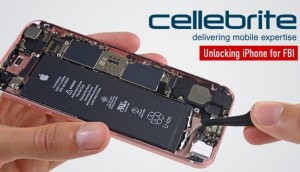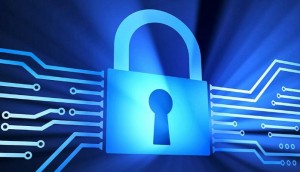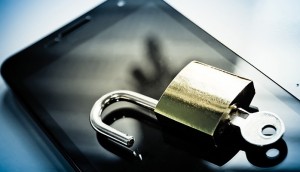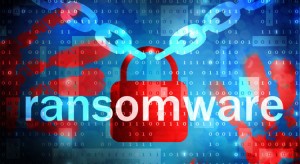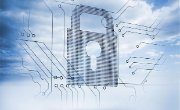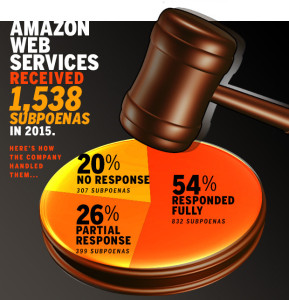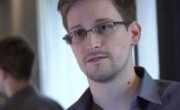Israel-based mobile forensics firm Cellebrite is believed to be the mysterious “outside party” that might be able to help the FBI hack the iPhone belonging to the San Bernardino shooter.
Israeli newspaper Yedioth Ahronoth broke the news, which appears to be confirmed by a $15,000 contract signed by the FBI with Cellebrite on March 21, the day when the agency announced that it may have found a way to crack Islamic Terrorist Syed Rizwan Farook’s iPhone without Apple’s help.
The FBI convinced a judge in mid-February to order Apple to create special software that would allow the law enforcement agency to brute-force the PIN on Farook’s iPhone 5C without the risk of destroying the data stored on it.
Apple, backed by several other technology giants, has been preparing to fight the order, which it believes would set a dangerous precedent.
Just as the US government and Apple were about to face each other in court, the FBI announced on Monday that it may no longer need Apple’s help in cracking the phone. Federal prosecutors later cancelled the hearing set for Tuesday, stating that the FBI will be aided by an unidentified “outside party.”
That “outside party” appears to be Cellebrite, which has been working with the FBI since 2013. The company’s website shows that it has assisted law enforcement investigations in several countries over the past period.
“Cellebrite mobile forensics solutions give access to and unlock the intelligence of mobile data sources to extend investigative capabilities, accelerate investigations, unify investigative teams and produce solid evidence,” the company writes on its official site.
Experts have suggested several methods that could be used to gain access to the data on the San Bernardino shooter’s iPhone, including ones involving acid and lasers, but they didn’t appear to be very practical.
After the FBI announced that it might have found a practical alternative, iOS forensics expert Jonathan Zdziarski published a blog post describing some of the likely methods that might be used to accomplish the task.
The expert believes the technique that will be used has likely already been developed, as the FBI says it only needs two weeks to test the proposed method.
Zdziarski believes the company that will aid the FBI will either use a software exploit or a hardware technique known as NAND mirroring.
“This is where the NAND chip is typically desoldered, dumped into a file (likely by a chip reader/programmer, which is like a cd burner for chips), and then copied so that if the device begins to wipe or delay after five or ten tries, they can just re-write the original image back to the chip,” the researcher explained. “It’s possible they’ve also made hardware modifications to their test devices to add a socket, allowing them to quickly switch chips out, or that they’re using hardware to simulate this chip so that they don’t have to.”
“My gut still tells me this is likely a NAND hardware technique. A software exploit doesn’t scale well. I know this because my older forensics tools used them, and it required slightly different bundles for every hardware and firmware combination. Some also work against certain versions, but not against others,” he noted.
Zdziarski believes that if the technique already exists, it has likely been sold privately for well over $1 million.

